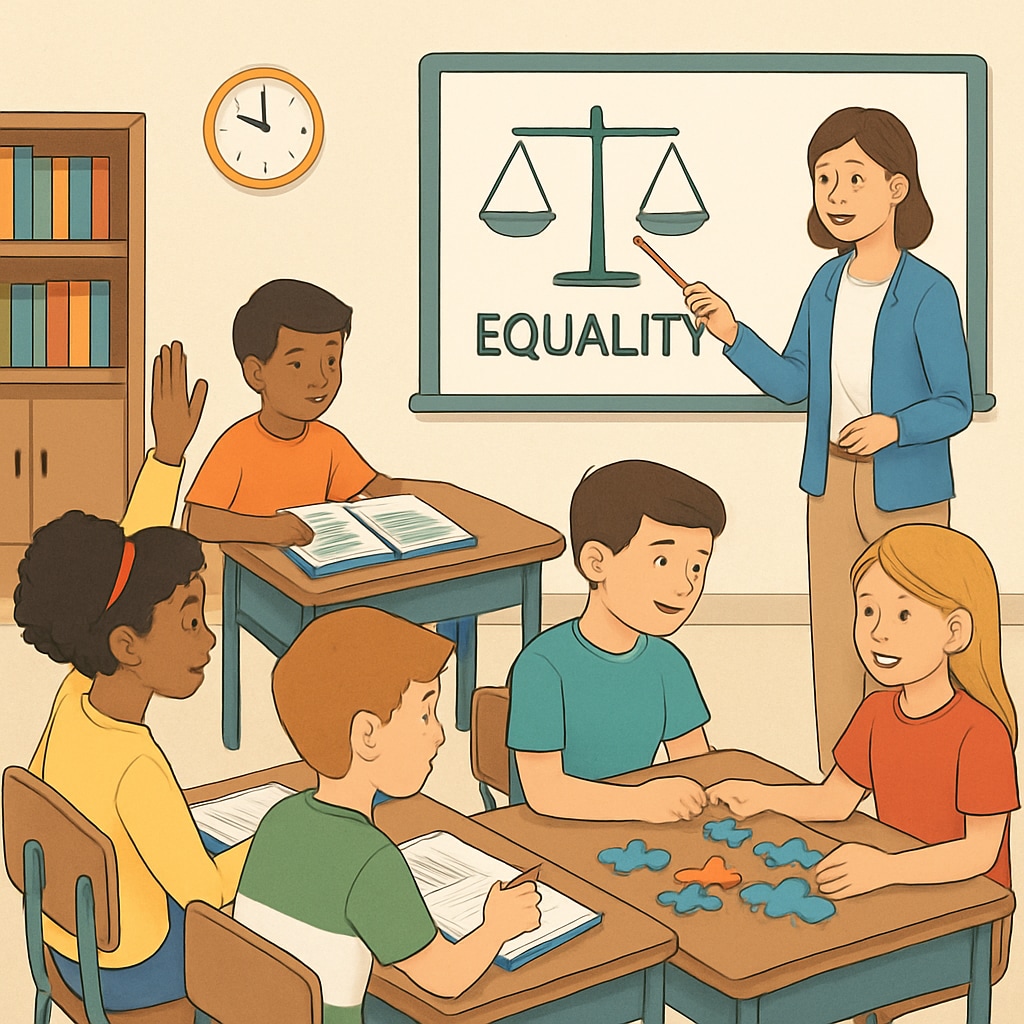Across the globe, schools often rely on fundraising campaigns to supplement budgets and provide enriching experiences for students. However, the increasingly popular practice of granting special privileges based on donation amounts raises concerns about fairness. These “privilege-based fundraising” models link economic power to access, inadvertently fostering economic discrimination and distorting values education. As schools become microcosms of society, this approach risks teaching children that wealth determines worth.

The Rise of Privilege-Based Fundraising
Privilege-based fundraising is a growing trend in K12 schools, where families who contribute higher donations receive access to exclusive benefits. Examples include priority seating at school events, exclusive participation in trips, or even special recognition for their children. While such practices aim to encourage larger contributions, they often create divisions among students and parents, undermining the core principle of equity in education.
Studies have shown that this approach can amplify socio-economic disparities. For instance, children from wealthier families might enjoy privileges that their peers cannot access, fostering feelings of exclusion and lower self-esteem among those from less affluent backgrounds. Equality on Britannica offers further insights into how disparities can affect social cohesion.
Economic Discrimination and Its Impact on Students
Linking privileges to donations can inadvertently promote economic discrimination within the school community. Such policies may lead to the following impacts:
- Social Segregation: Students may form friendships based on perceived financial standing, creating social divides.
- Distorted Value Systems: Children might begin to associate personal worth with monetary contributions, undermining lessons about equality and integrity.
- Pressure on Parents: Families with limited resources may feel compelled to overextend financially to ensure their children are not left out.
These effects are especially concerning as schools play a crucial role in shaping young minds. When economic discrimination infiltrates the educational space, it challenges the values schools aim to instill, such as fairness and inclusivity.

Reimagining School Fundraising for Equity
To combat the pitfalls of privilege-based fundraising, schools can adopt more inclusive models. Here are some strategies:
- Transparent Communication: Schools should clearly explain how funds are utilized, ensuring families feel their contributions matter regardless of size.
- Equal Access Policies: Fundraising rewards should focus on communal benefits rather than exclusive privileges.
- Broad Participation Options: Offering free or low-cost ways for all families to contribute—such as volunteering—can help bridge economic divides.
By prioritizing equity, schools can ensure fundraising campaigns uphold their mission to educate and inspire all students. For further reading on fairness in education, Educational Equality on Wikipedia provides valuable resources.
In conclusion, while fundraising remains a vital tool for schools, linking privileges to donation amounts risks undermining the principles of fairness and inclusivity. By fostering equitable practices, schools can create an environment where all students feel valued and supported—regardless of their family’s financial circumstances.


